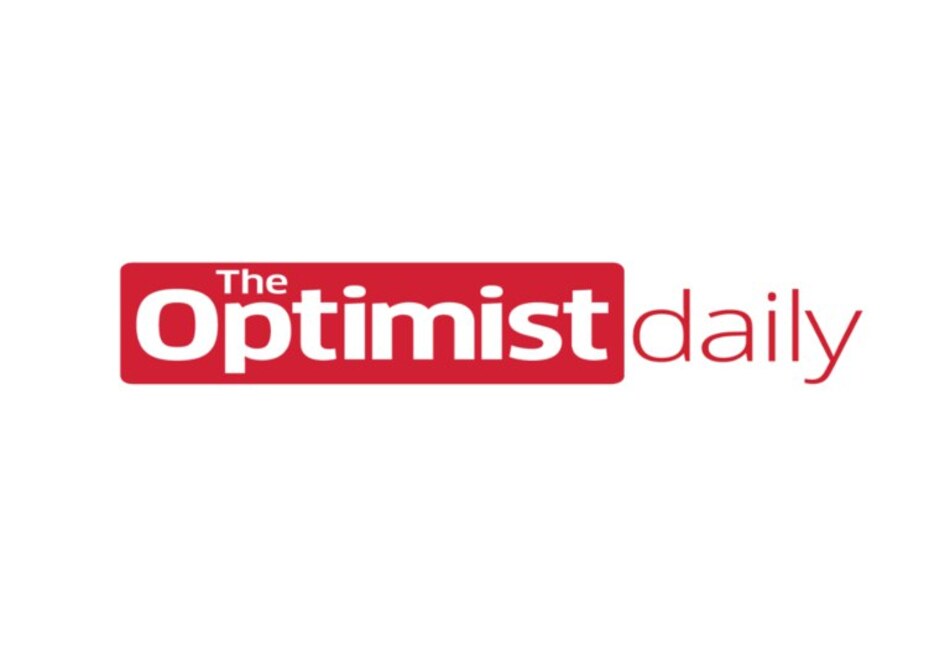AI to the rescue: how technology slashes stillbirths and saves lives in Malawi

BY THE OPTIMIST DAILY EDITORIAL TEAM When Ellen Kaphamtengo, 18, experienced intense stomach pain late in her pregnancy, she trusted her intuition. With her ... Read More
Save the spirit guardians: Hawaiian crows get a fresh start on Maui

BY THE OPTIMIST DAILY EDITORIAL TEAM For the first time in decades, five Hawaiian crows, or 'alalā, are soaring freely on the lush slopes ... Read More
Singapore’s Seletar airport considers plans for electric flying taxis

Seletar Airport is the city-state of Singapore’s lesser known second airport. It’s a small airfield normally frequented only by private jets, but soon it ... Read More
Vent to your friends without bringing them down with these expert-approved tips

We've all had days when everything seemed to go wrong. Workplace drama or an argument with a loved one can really get us fired ... Read More
How citizen scientists are driving tangible change in Australia

Citizen science has evolved as a formidable force in conservation, propelled by regular people's passion and dedication to conserving our planet's irreplaceable ecosystems. Citizen ... Read More


